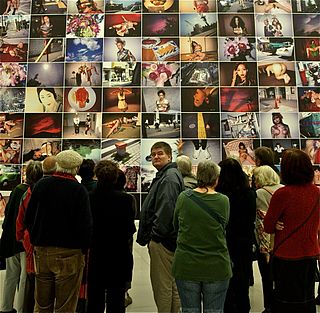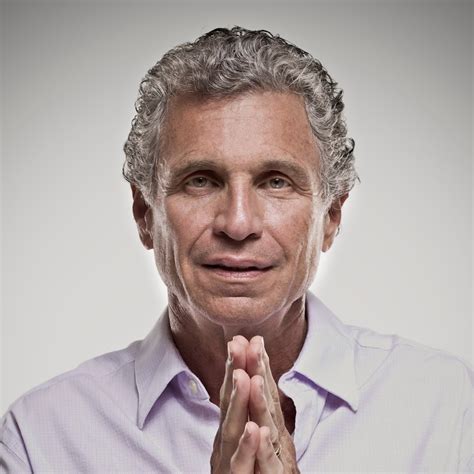A Quote by Mark Twain
It is a time when one's spirit is subdued and sad, one knows not why; when the past seems a storm-swept desolation, life a vanity and a burden, and the future but a way to death.
Related Quotes
It is a time when one’s spirit is subdued and sad, one knows not why; when the past seems a storm-swept desolation, life a vanity and a burden, and the future but a way to death. It is a time when one is filled with vague longings; when one dreams of flight to peaceful islands in the remote solitudes of the sea, or folds his hands and says, What is the use of struggling, and toiling and worrying any more? let us give it all up.
Do not pursue the past. Do not lose yourself in the future. The past no longer is. The future has not yet come. Looking deeply at life as it is. In the very here and now, the practitioner dwells in stability and freedom. We must be diligent today. To wait until tomorrow is too late. Death comes unexpectedly. How can we bargain with it? The sage calls a person who knows how to dwell in mindfulness night and day, 'one who knows the better way to live alone.'
The asymmetry of time, the arrow that points from past to future, plays an unmistakable role in our everyday lives: it accounts for why we cannot turn an omelet into an egg, why ice cubes never spontaneously unmelt in a glass of water, and why we remember the past but not the future. And the origin of the asymmetry we experience can be traced all the way back to the orderliness of the universe near the big bang. Every time you break an egg, you are doing observational cosmology.
Place your burden at the feet of the Lord of the universe who is ever victorious and accomplishes everything. Remain all the time steadfast in the heart, in the Transcendental Absolute. God knows the past, present and future. He will determine the future for you and accomplish the work. What is to be done will be done at the proper time. Don't worry. Abide in the heart and surrender your acts to the Divine.
Why does a man cry? he wondered. Not like a woman; not for that. Not for sentiment. A man cries over the loss of something, something alive. A man can cry over a sick animal that he knows won't make it. The death of a child: a man can cry for that. But not because things are sad. A man, he thought, cries not for the future or the past but for the present.
Everybody is afraid of death for the simple reason that we have not tasted of life yet. The man who knows what life is, is never afraid of death; he welcomes death. Whenever death comes he hugs death, he embraces death, he welcomes death, he receives death as a guest. To the man who has not known what life is, death is an enemy; and to the man who knows what life is, death is the ultimate crescendo of life.
Life is always sad. That's what makes suicide so tempting because life is all that we really have and haven't. Death makes us equals, too, because the foul and the good all die. The past, the present, and the future-what escape is there from these? None-and yet sometimes we are life's happy victims.
Photographs are diary entries That's all they can be. Photographs are just documentations of a day's event. At the same time, they drag the past into the present and also continue into the future. A day's occurrence evokes both the past and the future. That's why I want to clearly date my pictures. It's actually frustrating, that's why I now photograph the future
That is why he appears to us who are deeply life-hypnotized, obsessed about being alive in any way, as life-negating. To us, just to be alive seems to be the end. We are so much afraid of death that Buddha appears in love with death, and that looks abnormal. He seems to be suicidal. This is what many have criticized Buddha for.
The establishment of inner harmony is to be attained neither in the past nor in the future, but where the past and future meet, which is the now. When you have attained that point, neither future nor past, neither birth nor death, neither time nor space exist. It is that NOW which is liberation, which is perfect harmony, to which the men of the past and the men of the future must come.
Why do you hunger for length of days? The point of life is to follow reason and the divine spirit and to accept whatever nature sends you. To live in this way is not to fear death, but to hold it in contempt. Death is only a thing of terror for those unable to live in the present. Pass on your way, then, with a smiling face, under the smile of him who bids you go




































